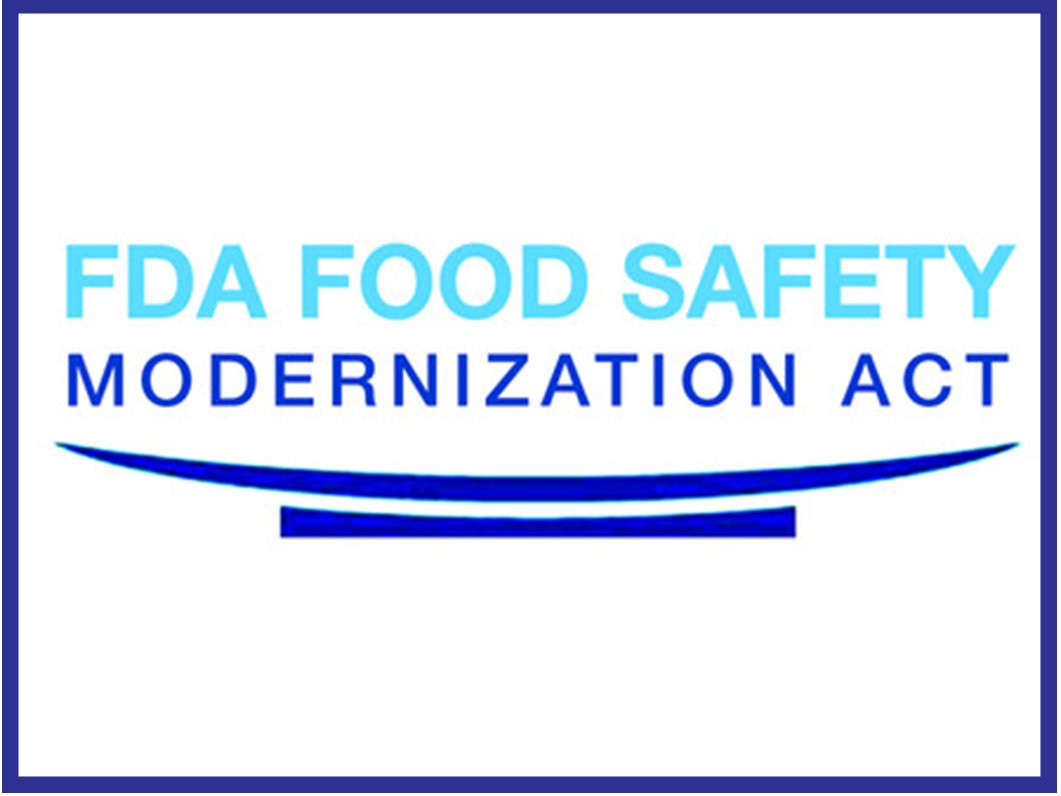You’ve worked hard to build your brand, now it’s time to protect it!
It’s important to protect your ideas, business name, logo, inventions, and other work products that give your business a competitive edge. In today’s marketplace it is highly possible that other businesses or individuals are copying or using your intellectual property for their own benefit, thereby threatening your growth. However, you can protect your intellectual property in order to prevent others from profiting from your established goodwill. The purpose of a trademark is to clearly identify the source or identity of a product and prevent confusion. This helps protect businesses from losing sales and protects consumers from buying products they didn’t intend to purchase.
What is a Trademark?
A trademark is a word, name, symbol or design, or any combination, that identifies a business or its products or services and distinguishes it from other businesses. A trademark is how potential customers recognize your business and it’s what set you apart from your competitors. For example, “Cheese-It” is a trademarked product name, which means no one else can use the name “Cheese-It” to sell crackers. Similarly, the Kellogg’s logo (the company that makes Cheese-It crackers) is trademarked and only Kellogg’s can use it. This helps consumers recognize the products made by Kellogg’s and distinguish them from other products.
One common misconception is that recipes or formulations can be protected through the use of a trademark, but unfortunately they cannot. Your energy drink may be the best drink on the shelf, which is why buyers keep coming back to purchase more – but your trademark protects the name on the package (and logo or design), not the recipe itself. However, you can protect your recipe by other means through the use of trade secrets, but that is a topic for another article.
In the U.S., the trademark registration process requires 3 steps: selecting a name, conducting a trademark search, and registering the trademark.
1. Choose a Name For Your Business or Product
The first step in the trademark process is coming up with a name. Trademarks don’t apply to generic or descriptive terms, so you’ll need to select something original. For instance, in the example above you can’t trademark the name “cheese crackers” because it’s generic and has nothing to do with your particular brand. Instead you need an original name for your crackers (or business) in order to register it as a trademark.
You also need to make sure that neither your business or product name can be overly descriptive of the product you’re selling. For example, you can’t trademark “Cracker Baking Company.” The strongest trademarks (i.e., most legal protection) are ones that create a completely new word or phrase (think “Exxon” or “Xerox”).
2. Conduct a Trademark Search
After selecting a name, you need to make sure it’s not already being used for similar types of food, either as a brand or a product name. To do this you’ll have to conduct a comprehensive trademark search to ensure your proposed mark isn’t infringing on another registered trademark. It’s important to look at the factors examiners at the U.S. Patent and Trademark Office (USPTO) will consider when reviewing your trademark application, such as similar spellings, variations in spelling, similar-sounding names, potential logo or color scheme confusion for same product types, or anything else that might create confusion to consumers. An application for cheese crackers called “Cheese-Ems” and sold in red packages would probably be considered too similar to “Cheese-Its” to be trademark. Not only will your application be denied, you might get sued for trademark infringement by the company that owns the Cheese-It brand.
Unfortunately, many of the tools available to the general public are not sufficient to conduct a comprehensive trademark search. This means Google or another search engine is out. While the USPTO makes available some search tools, they are difficult to use effectively and frequently miss potential conflicting trademarks. To make sure you don’t waste your money on application fees just to have the trademark rejected, you probably want to hire an experienced trademark attorney to conduct the search. They have access to more powerful search tools and they know what to look for.
3. Submit the Trademark Application
After successfully completing the search, it’s time to submit a trademark application. The application requires an exact description of the type of product (or business). The USPTO has a strict classification system and if you don’t follow it they’ll send it back to you, or worse reject the application. There are 34 classes in the system, 3 of of which are categories for food products. Your attorney can help you identify the right category for the application to avoid any potential delays. You’ll also need to provide a sample of the trademark if it contains any images or symbols, or if the name written in stylized writing or contains specific colors.
Trademark Approval Process
Once you submit your application, the USTPO will assign it to an examiner for review, which can take between 6-8 months. This process can take longer if your application is returned for corrections or clarification on certain items. If your application is approved, you’re entitled to the full benefits and protections of a registered trademark, meaning your trademarked names and logos are yours and yours alone. Although another competitor might try to imitate your product, so you’ll need keep an eye out. Remember, only you can protect your brand, but with a trademark registered with the USPTO you’ll have power of the law behind you to go after anyone that infringes on your trademark.
If you have questions about protecting your brand with a trademark, contact our attorneys at Morsel Law.









